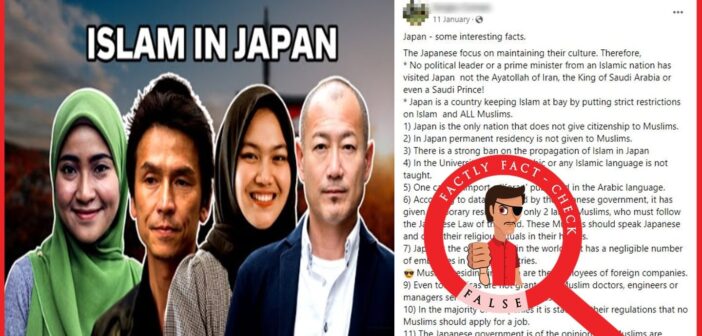A social media post alleges that Japan actively limits the presence of Islam by imposing various restrictions on Muslims. The post lists several alleged restrictions, such as Japan’s refusal to grant citizenship or permanent residency to Muslims, along with a stringent ban on the dissemination of the religion. This article aims to fact-check the assertions put forth in the post.
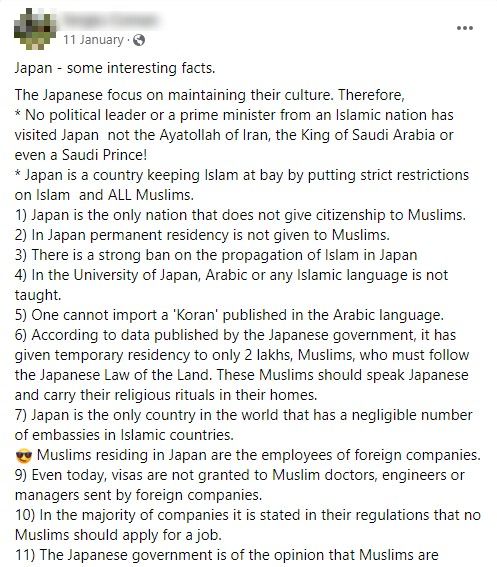
Claim: Japan actively limits the presence of Islam by imposing various restrictions on Muslims.
Fact: The constitution of Japan does not discriminate against Muslims, and it guarantees ‘Freedom of religion to all individuals’. There is no restriction on Muslims being granted Japanese citizenship. Further, the Japanese government does not inquire about religious affiliation when evaluating residency applications. Hence, the claims made in the post are FALSE.
The viral post contains certain claims that cannot be verified, as well as a few that are accurate but not exclusive to Muslims—they apply universally. However, the majority of the claims within the post are false. Below, we examine each such claim in the post.
Japan is the only nation that does not give citizenship to Muslims?
There is no restriction on Muslims being granted Japanese citizenship. Application forms do not even require a person to state their religion. People who are not natives of Japan can acquire Japanese nationality by naturalization. Japanese Ministry of Justice does not mention religion as a criterion for naturalization.

In its ‘2022 Report on International Religious Freedom: Japan,’ the U.S. Department of State cited Hirofumi Tanada from Waseda University in Tokyo, who stated that as of 2020, Japan was home to approximately 230,000 Muslims, of which around 47,000 were citizens.
Permanent residency is not given to Muslims?
The Japanese government does not inquire about religious affiliation when evaluating residency applications. The Japanese Immigration Services Agency does not stipulate religion as a prerequisite for obtaining a Permanent Residence Permit.

Factors taken into account include the duration of residency, age, a record of good conduct, financial self-sufficiency, and a willingness to renounce other nationalities.
Propagation of Islam in Japan is banned?
Article 20 of the Japanese Constitution guarantees ‘Freedom of religion to all individuals’ and specifies that ‘No individual shall be compelled to participate in any religious activity, celebration, ritual, or practice.’ Furthermore, we did not discover any provision in the Japanese constitution that prohibits the dissemination of Islam.
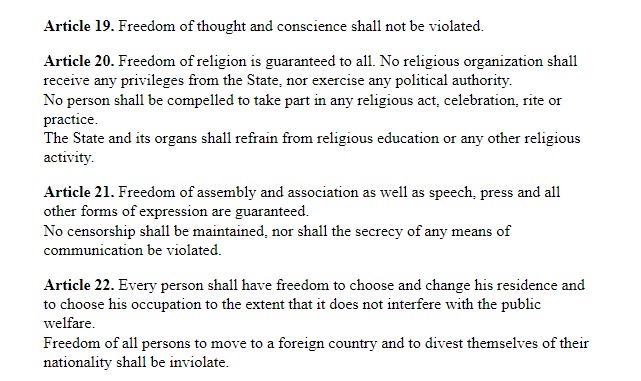
Additionally, according to a study conducted by Tanada at Waseda University, the number of mosques in Japan has risen from just 15 in 1999 to 113 as of March 2021, refuting the claims circulated in the viral post.
In the University of Japan, Arabic or any Islamic language is not taught?
The University of Japan does not exist. However, several other institutions in Japan provide courses in Arabic. For instance, the Tokyo University of Foreign Studies, the Arabic Islamic Institute in Tokyo, and Osaka University offer programs in Arabic Studies.
Japan is the only country in the world with a negligible number of embassies in Islamic countries?
Japan maintains embassies in various Islamic countries. The Ministry of Foreign Affairs of Japan provides a list of embassies and consulates in several Islamic nations, including Indonesia, Pakistan, Bahrain, Qatar, Saudi Arabia, and the United Arab Emirates.
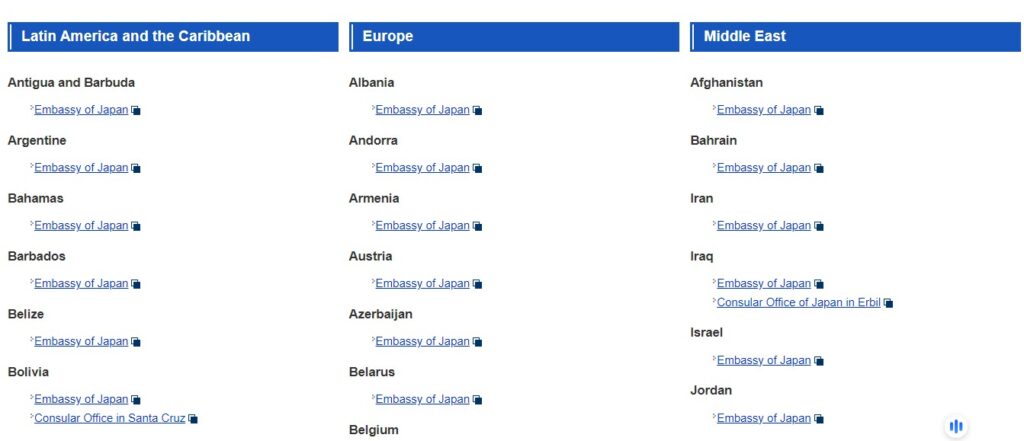
One cannot import a ‘Koran’ published in the Arabic language?
Japan’s Customs department does not list the Arabic Quran among the prohibited items for importation. In fact, the Arabic Quran is available for purchase on e-commerce portals in Japan.
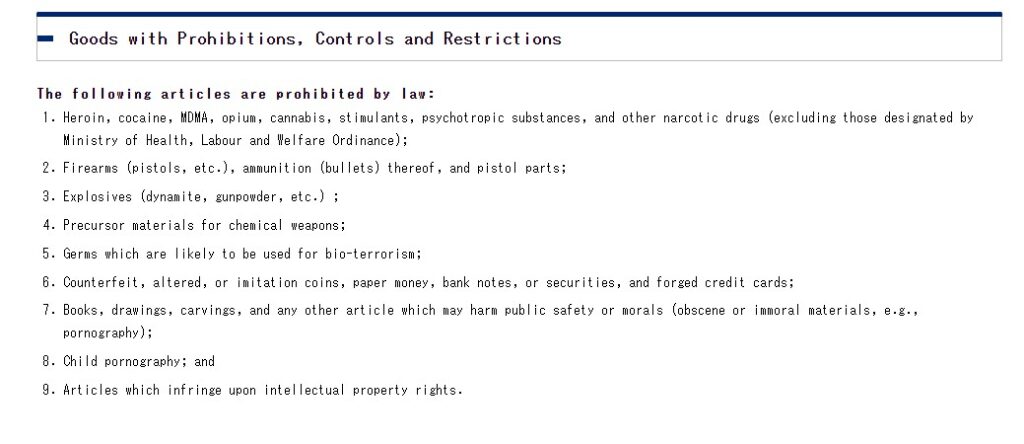
Muslims cannot even rent a house in Japan?
Article 14 of Japan’s constitution affirms: ‘All individuals are equal under the law, and discrimination based on race, creed, sex, social status, or family origin is prohibited in political, economic, or social relations.’
This underscores the unacceptability of discrimination against any specific religion. While it is documented that foreigners in general may face challenges in finding rental properties, there is no evidence of a prohibition specifically against renting to Muslims or any other religious minority.
Muslims must follow Japanese Law and Language?
This fact applies not only to Muslims but to all individuals in Japan. Muslims, like other Japanese citizens, are required to abide by the country’s laws. Article 14 of the Constitution of Japan explicitly states: ‘All individuals are equal under the law, and there shall be no discrimination in political, economic, or social relations based on race, creed, sex, social status, or family origin.’
Factly has previously debunked a similar claim, and the fact-check article can be accessed here.
To sum it up, most of the claims in this list regarding Japan’s restrictions on Islam are false.


